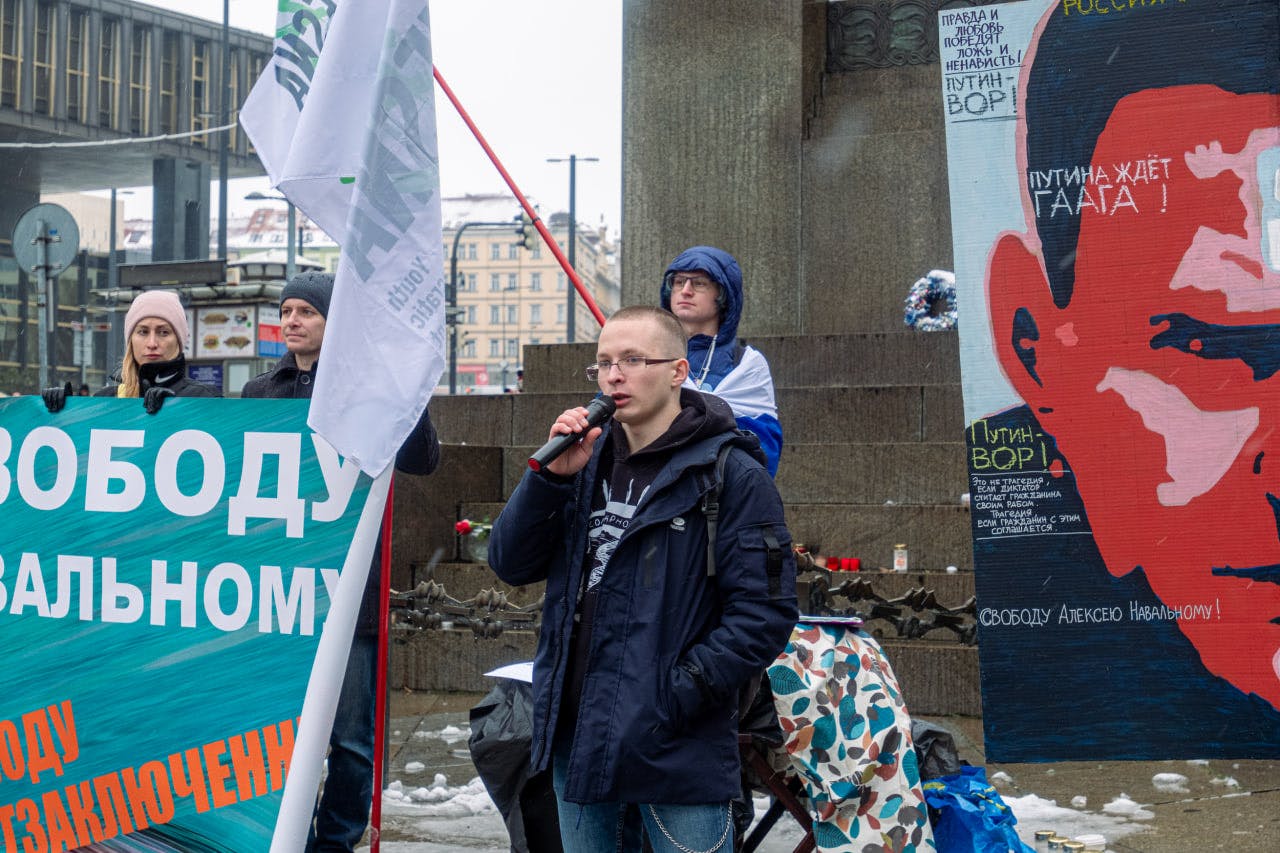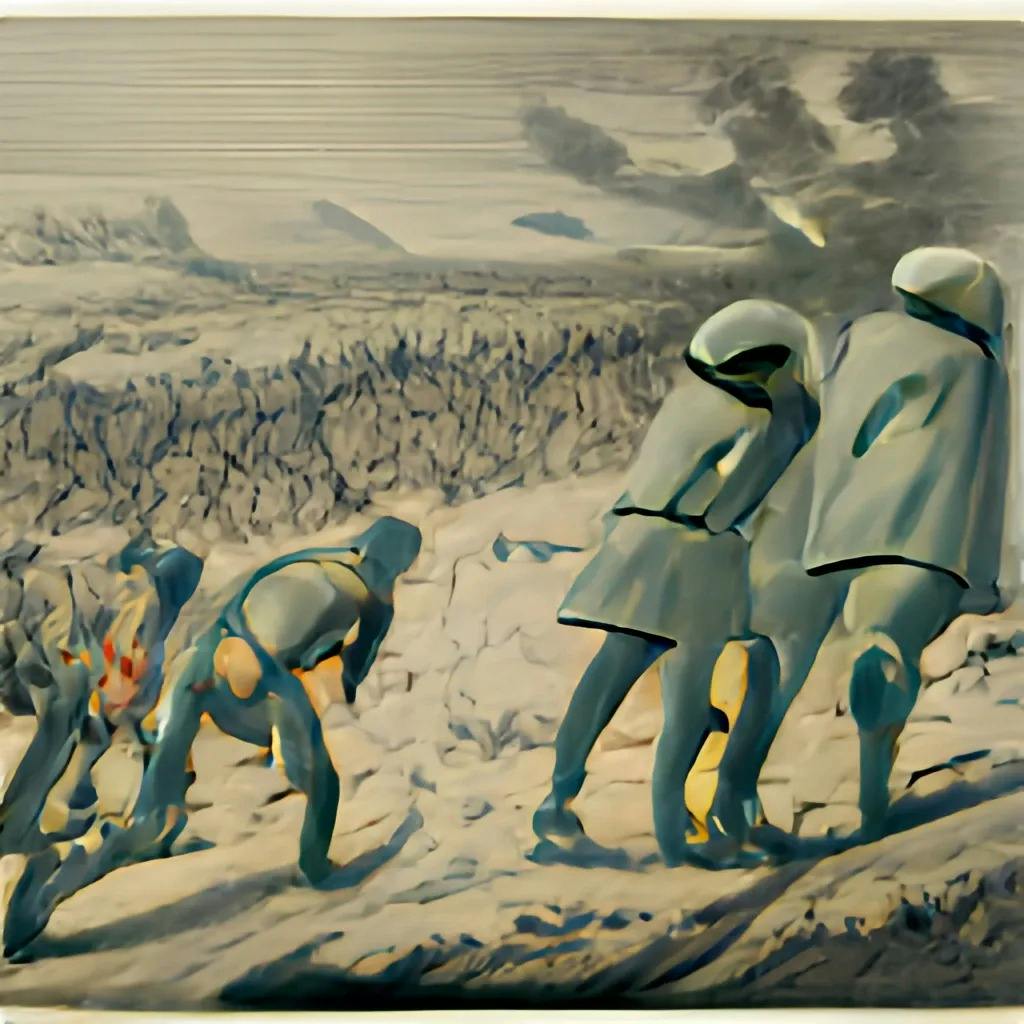Kysh (Andrey)
...do not give up and do not despair, do what you think is the right thing to do. Russia will definitely be free.


On September 21, Vladimir Putin announced an immediate “partial” mobilisation of Russian citizens. Defense minister Sergei Shoigu said that Russia plans to call up 300,000 additional soldiers to bolster the military campaign in Ukraine.
Trying to justify such a measure, the state authorities underlined that Russia fights not against Ukraine but the “collective West” and NATO. According to Putin, the territorial integrity of Russia is “threatened,” so all the means will be used to protect the state and its people.
The authorities stated that the mobilisation affects only about 1% of eligible men and only the most fitted ones with prior military experience and specialised training. However, the official text of the mobilisation decree doesn’t show the number of forces to be called. It also doesn’t specify the categories of persons falling under the mobilisation.
In other words, the “partial” mobilisation may potentially involve almost all male citizens from 18 to 65 years old and probably women with military specialties, such as medics.
According to the Russian Ministry of Defence, some people can be exempted from mobilisation due to their occupation in vital organisations. Others are unsuitable because of their age, health condition, or lack of military experience. Still, in fact, there is no guarantee that they won’t be mobilised “by mistake.”
It has already happened to many people, such as a 63-year-old pensioner with diabetes and brain ischaemia or an IT worker who was killed in Ukraine despite being entitled to draft deferment. The most vulnerable categories are ethnic minorities, rural and remote communities, and men from the poorest regions.
On September 20, just one day before Putin announced the mobilisation, Russian lawmakers passed new legislation approving long jail terms for voluntary surrender, desertion, and refusal to serve during wartime or mobilisation. For instance, deserters can be punished with up to 15 years in prison.
Besides going to jail, there are very few options for Russians who don’t want to participate in the war. They can try to hide, but it becomes more challenging because Russian police raid metro stations, shopping malls, and apartment complexes to serve draft cards and fulfil the mobilisation plan.
On the first day of “partial” mobilisation, mass anti-war rallies erupted across Russia. At least 1,310 protesters had been detained; some of them were handed call-up papers demanding that they report to military conscription offices.
The most prominent anti-mobilisation protests took place in Dagestan. According to open-source research, this poor national republic has already lost more soldiers killed than any other Russian region.
At the same time, thousands of military-aged men rushed to buy one-way flights out of the country or tried to cross the border by car. In the first two weeks after announcing the mobilisation, 200,000 Russians entered Kazakhstan. Many others fled to Georgia, Mongolia, Turkey, and Armenia. Some people also escaped to Europe before Finland banned Russians with tourist visas from entering the country.
...do not give up and do not despair, do what you think is the right thing to do. Russia will definitely be free.

How Russia uses prisoners as “cannon fodder” and what happens to those who manage to survive

Short biography of the freedom that never happened.

Our media platform would not exist without an international team of volunteers. Do you want to become one? Here's the list of currently opened positions:
Is there any other way you would like to contribute? Let us know:
We talk about the current problems of Russia and of its people, standing against the war and for democracy. We strive to make our content as accessible as possible to the European audience.
Do you want to cooperate on content made by the Russian standing against the war?
We want to make people of Russia, who stand for peace and democracy, heard. We publish their stories and interview them in Ask a Russian project.
Are you a person of Russia or know someone who would like to share their story? Please contact us. Your experience will help people understand how Russia works.
We can publish your experience anonymously.
Our project is ran by international volunteers - not a single member of the team is paid in any way. The project, however, has running costs: hosting, domains, subscription to paid online services (such as Midjourney or Fillout.com) and advertising.
Our transparent bank account is 2702660360/2010, registered at Fio Banka (Czech republic). You can either send us money directly, or scan one of the QR codes bellow in your banking app:




Note: The QR codes work only when you scan them directly from your banking app.
Russia started the war against Ukraine. This war is happening from 2014. It has only intensified on February 24th 2022. Milions of Ukrainians are suffering. The perpetrators of this must be brought to justice for their crimes.
Russian regime tries to silence its liberal voices. Russian people against the war exist - and the Russian regime tries its best to silence them. We want to prevent that and make their voices heard.
Connection is crucial. The Russian liberal initiatives are hard to read for European public at times. The legal, social and historical context of Russia is not always clear. We want to share information, build bridges and connect the liberal Russia with The West.
We believe in dialogue, not isolation. The oppositional powers in Russia will not be able to change anything without the support of the democratic world. We also believe that the dialogue should go both ways.
The choice is yours. We understand the anger for the Russian crimes. It is up to you whether you want to listen to the Russian people standing against this.